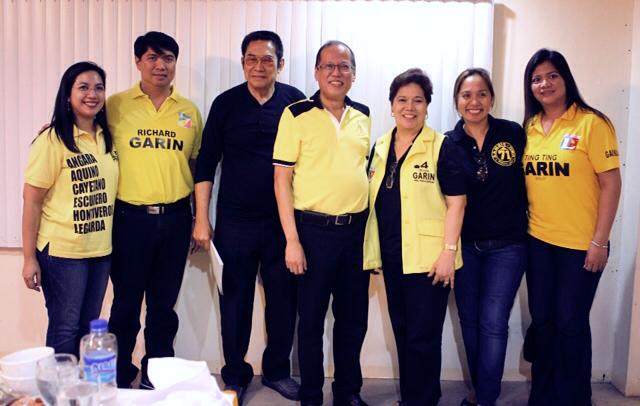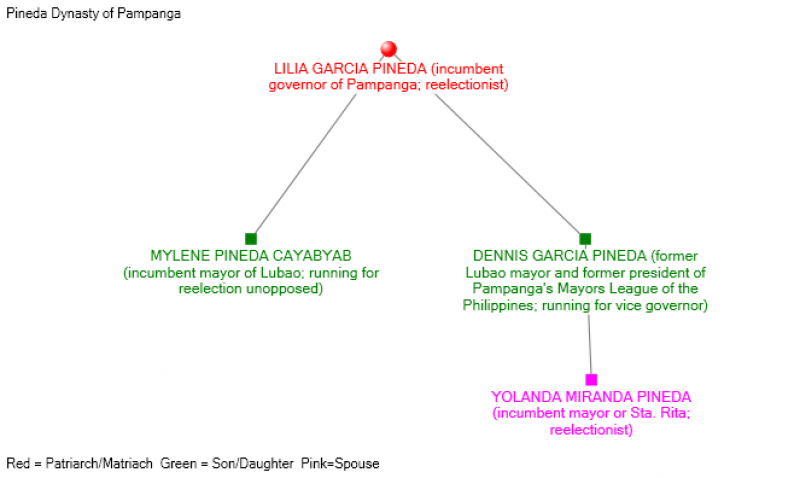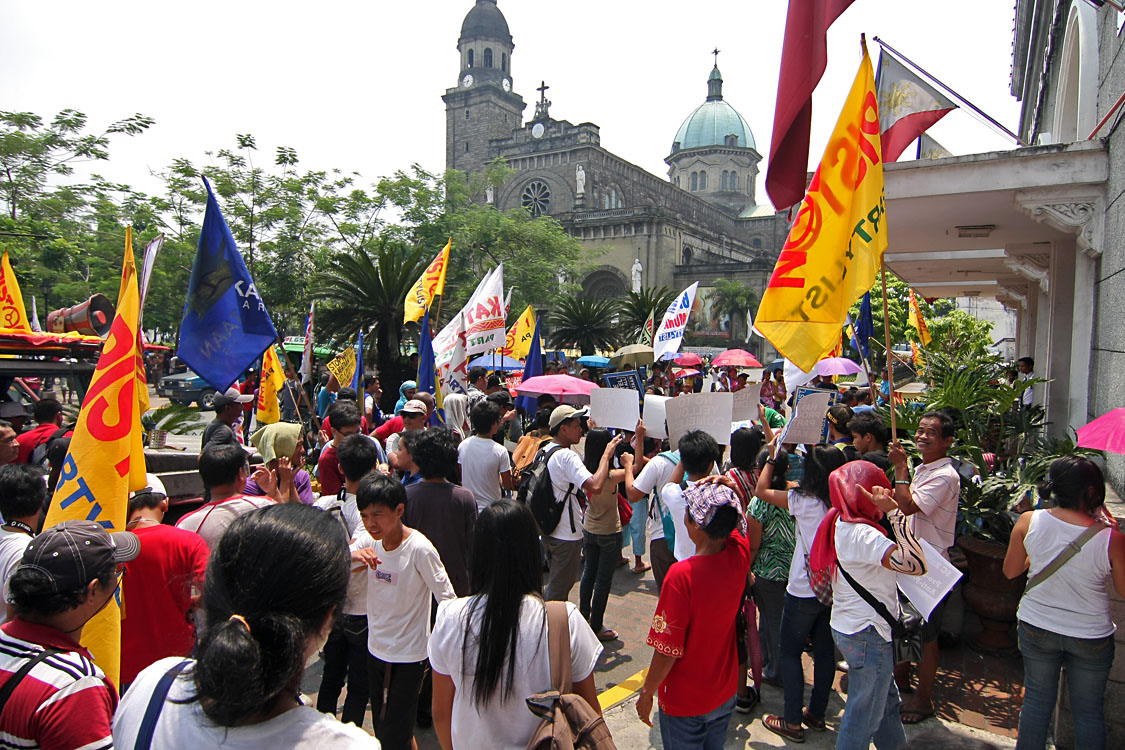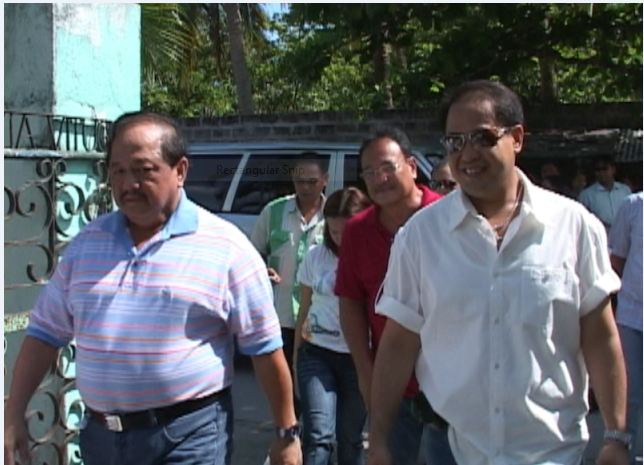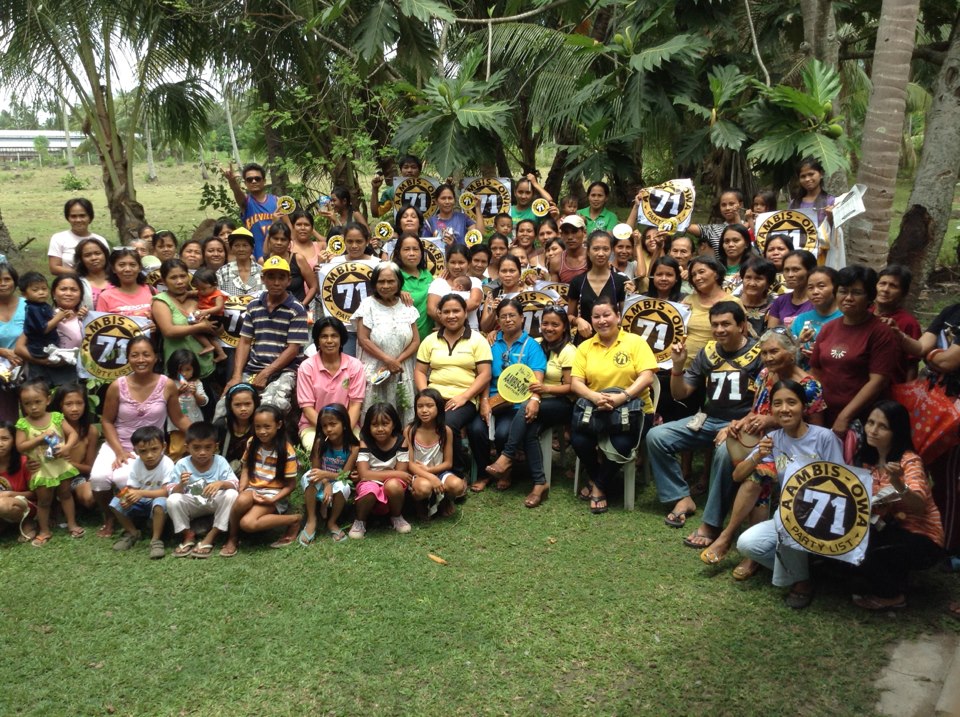By MIKHA FLORES
WHEN the 16th Congress convenes next month, at least five political families will have two members sitting in the House of Representatives—one as a district representative and another as a party-list nominee.

No thanks to how the party-list system has evolved, political clans have found another avenue to expand their turf, a trend that reflects the broader picture of the country’s political system, analysts say.
“One of these trends is the emergence of so-called ‘horizontal dynasties’ where family members occupy elected positions at the same time,” says Dr Nicole Curato, a sociology professor at the University of the Philippines Diliman.
“Rather than setting the exemplar on how ideology-or issue-based parties can be established and claim space in the context of the Philippines’ elite democracy, the party-list system has become a reflection of the weak institutionalization of political parties,” she told Vera Files.
“My main insight here is that we cannot analyze the party list system in isolation. Its weaknesses and loopholes are derivatives of current interrelated issues on campaign financing, political dynasties and political party,” Curato added.
